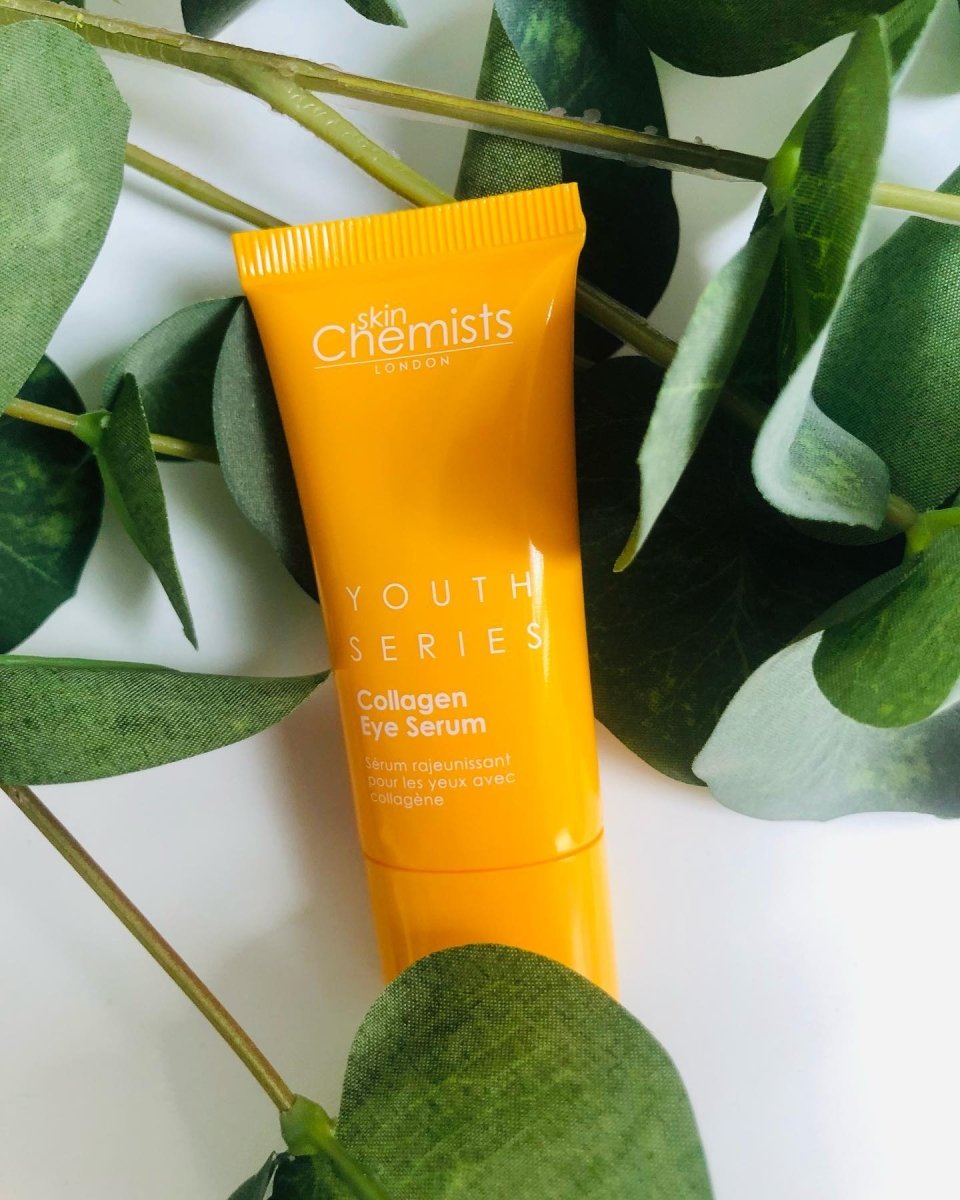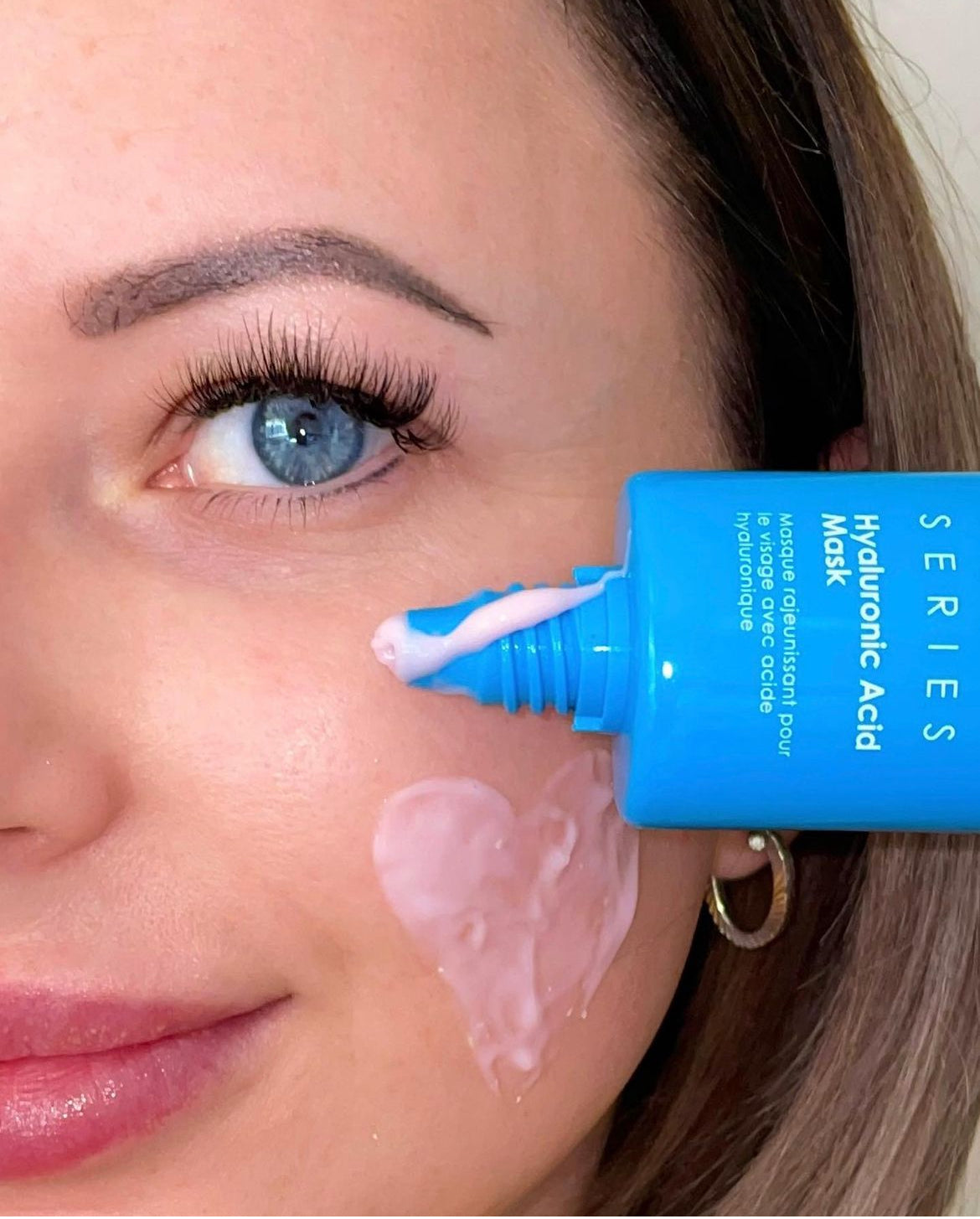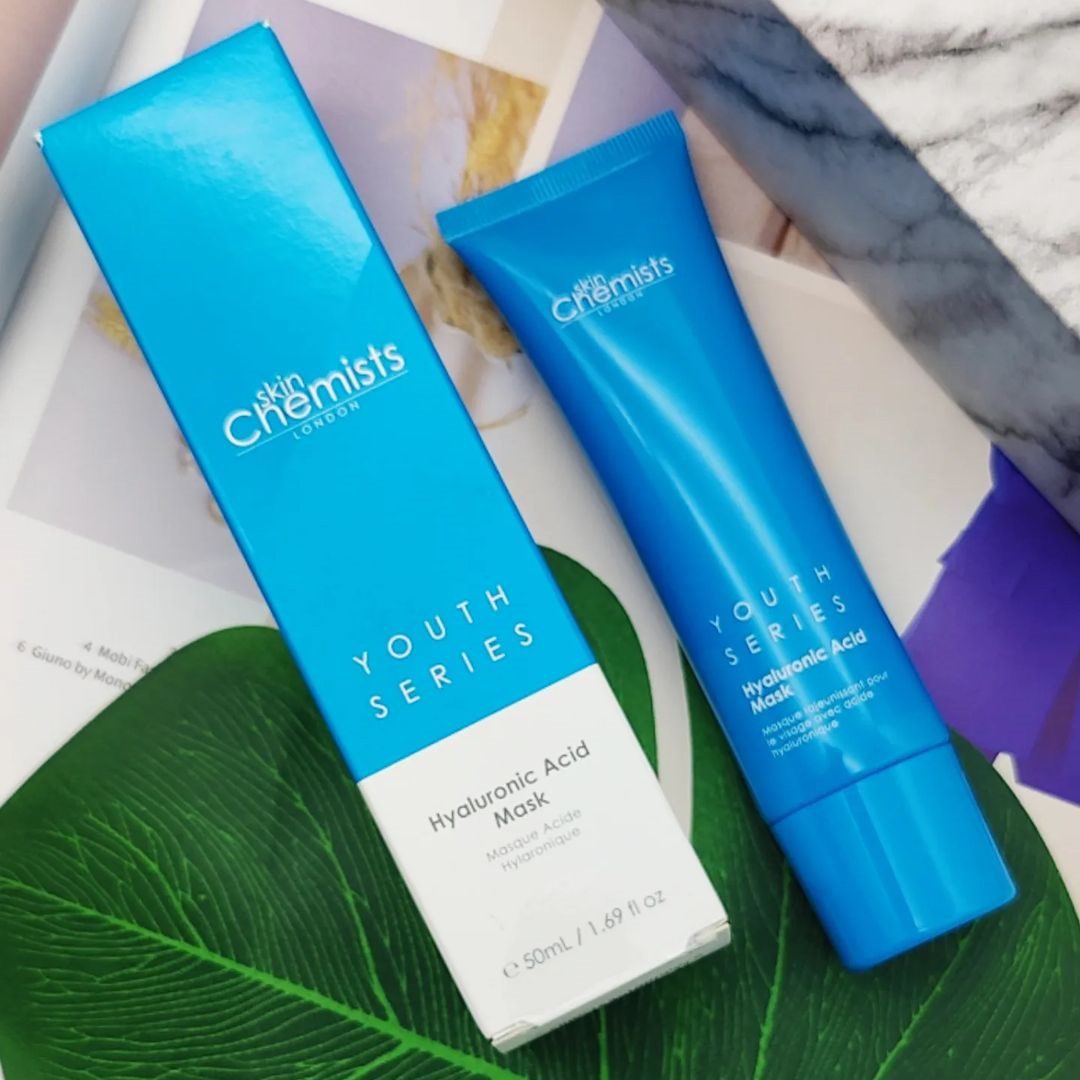
Collagen

If you’ve ever searched for an anti-ageing skincare product, there’s no doubt you’ve heard of collagen. Many products claim to '“replenish collagen” or “boost collagen production” in the skin. While collagen does have a very important role in skin care, some of these marketing claims can be misleading. In order to help you choose the best product or treatment to address concerns such as wrinkles, fine lines, or sagging skin. We’re going to deep dive into the role of collagen in skin care.
What is Collagen?
Collagen is a fibrous protein that is naturally occurring in the body, within various connective tissues. Including the dermis, the middle layer of skin that lies below the epidermis. The connective tissue of the dermis provides strength and elasticity to the skin through an extracellular matrix composed of collagen and elastin fibres. Which are embedded in hyaluronan and proteoglycans. It helps the skin have a plump, youthful, hydrated appearance.
In fact, collagen is the most abundant protein in the human body, making up 25% to 35% of the whole-body protein content.
Why do we need collagen in our skin?
“Collagen is what gives our skin structure…We start losing approximately 1% of our collagen each year starting at the age of 20 and loss of collagen and elasticity is what causes sagging less plump skin.”
Sheila Farhang, MD, board-certified dermatologist and founder of Avant Dermatology & Aesthetics.
We have a lot of collagen when we’re young (hence the smooth and bouncy baby skin). As we age our collagen production slows down, causing our skin to lose that youthful appearance.
So what causes it to decrease?
Surprise! It's down to ageing, of course.
As we age, our skin gets a little "lazy" and collagen production naturally slows down. Environmental factors such as UV exposure will also lead to collagen being degraded more quickly. The loss of collagen and elastin from our skin leads to reduced firmness and elasticity. This, combined with the effects of gravity, causes our skin to sag and wrinkle.
The appearance of accelerated ageing caused by dryness, roughness, tightness, oxidative, and daily stress helps contribute to thin, fragile skin. They may contribute to the loss of storage of skin-plumping collagen and the slowing of natural new production leading to decreased elasticity. When collagen and elastin break down, skin loses firmness and radiance, and fine lines and wrinkles appear more visible.
Our Collagen range is derived from plant origin and is formulated with active ingredients. These aid in the support of skin elasticity and provide firming properties, to promote your most youthful appearance.
An active ingredient derived from white Lupin seeds and rich in Lupeol, Collageneer is an active molecule that increases the synthesis of Collagen. It also has a complementary stimulation on producing high-quality collagen by promoting the synthesis of HSP 47 (Heat Shock Proteins), a “Chaperone” protein.
Few ingredients in skincare have become as synonymous with their benefits as collagen. Promising a younger complexion and reduced signs of ageing, the word has been plastered on countless beauty products promising to ‘boost’ its powers. From skincare to haircare to supplements and even aesthetic treatments, collagen has become integrated into just about everything.
This naturally produced protein is an integral part of our skin’s structure, and we are born with an ever-dwindling reserve. In theory, replenishing collagen is important, so how can you benefit?
What type of skin benefits the most from Collagen?
Dry and ageing skin types would benefit the most from this ingredient. It will help lock in moisture and hydration, allowing your skin to be balanced and healthy. It will also work to smooth out any fine lines and wrinkles!
Collagen is a humectant ingredient that will help hydrate your skin and plump it up. The added hydration will help smooth out wrinkles and fine lines. Prevent any moisture from leaving your skin, working as a film of protection over your skin. It will bring your skin radiance while improving skin elasticity! Ultimately, it plays an important role in maintaining the resilience of your skin!
So, should you use collagen?
Typically, hydrolyzed collagen molecules can be quite large and can have a hard time sinking into your skin. Marine collagen, on the other hand, is small enough for your skin to absorb. However, even if collagen is a bit more difficult to absorb into the skin, it’s still great to use for humectant benefits! It adds loads of hydration and moisture, plus does a tremendous job healing inflammations. Your skin will be glowing thanks to this popular ingredient!
Benefits of using Collagen
The benefits of collagen go beyond the skin. In addition to improvements in the visible appearance of your skin, healthy collagen levels provide additional whole-body benefits. Because it is such a prevalent protein within the body, it’s decrease has impacts on overall health, too. Internally, the connective tissue is all over our body. So, it’s not just the skin. It helps our joints, which is important as we age.”
How To Add Collagen into your Routine
At this point, you’ve probably gleaned that there are a lot of ways to use collagen. To simplify the process, here are the basics:
When: Most products can be used daily in the morning and evening routine. To unlock the benefits of collagen and help address visible signs of ageing on the skin. Depending on your skincare regimen, you may be interested in a cream or serum (like our Collagen Day Moisturiser or Facial Serum). Know that it can be added in whatever form suits you best.
How: As far as topicals, it is always helpful to combine them with other moisturising actives, or Vitamins which boost collagen production.
Who: This ingredient is one that women can wait to start using. Implementing a good skin care regimen, which includes sunscreen, antioxidants, and retinoids, is key starting at the age of 20. Collagen-boosting ingredients may be more beneficial starting in the thirties.
Not for: While it is gentle enough for most to use, those with chronic skin conditions should consult with their dermatologist first. Those with sensitive skin conditions should be more concerned about fragranced products or certain preservatives and not the collagen itself.


